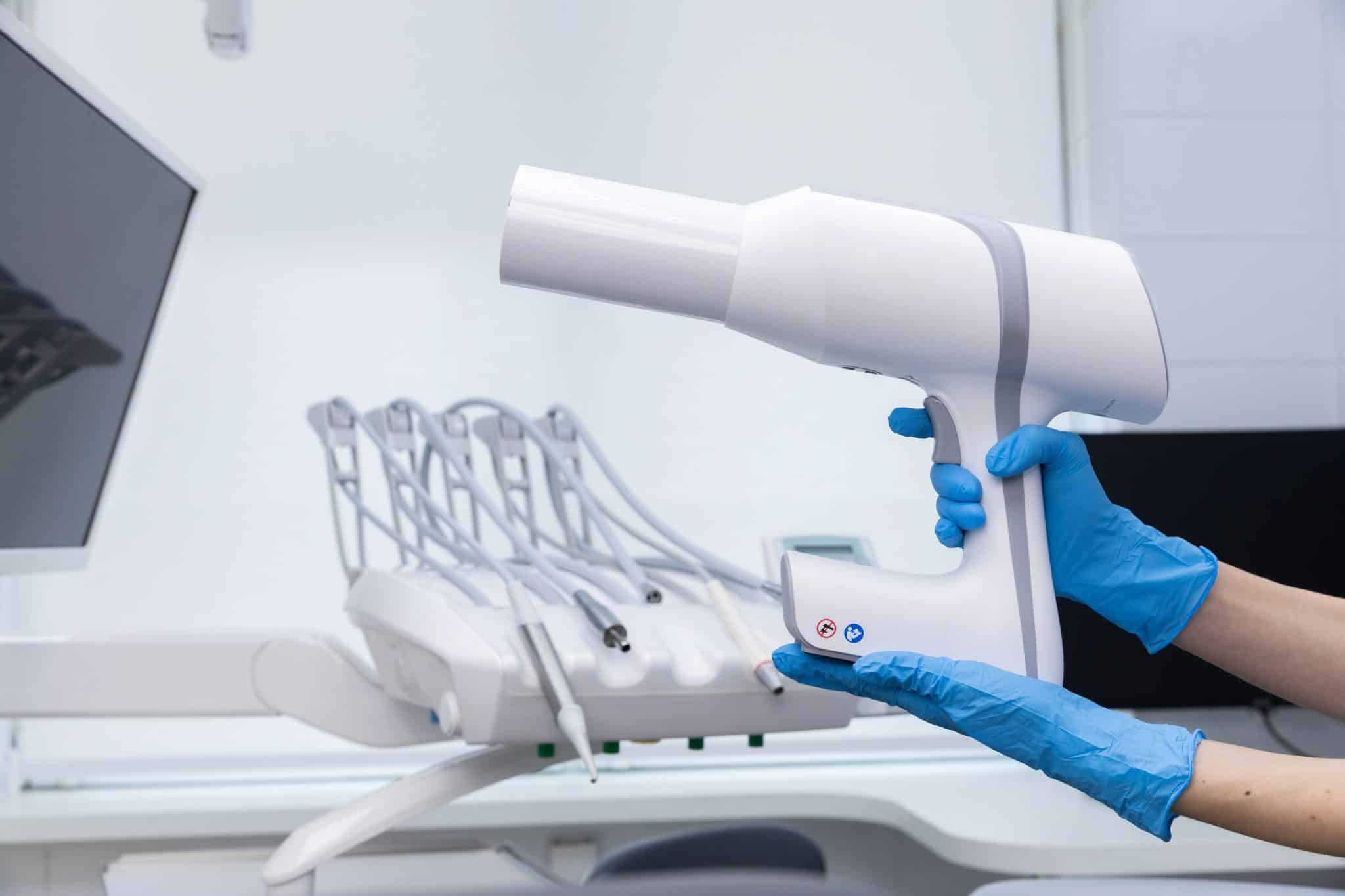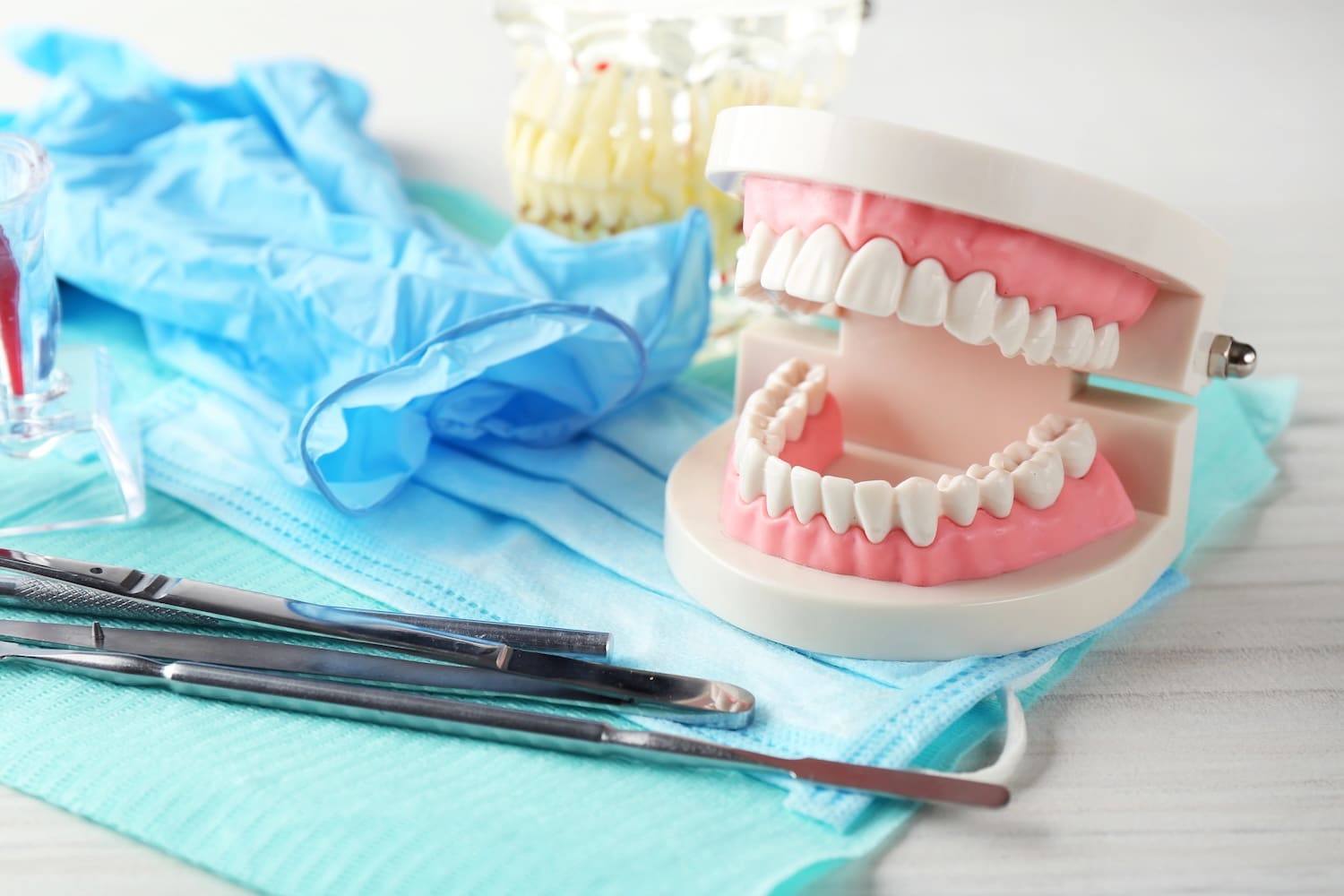Are you an associate dentist working alongside the owner or lead dentist of the practice? While being an associate dentist may still allow you to develop your clinical skills, gain valuable experience and provide you with a rewarding career, it’s only natural that you may be wondering if it’s time you owned your own practice. However, that’s a BIG next step so it’s crucial to consider certain factors that come with ownership.
Table of Contents
ToggleWhy Other Dental Practice Owners Incorporate
Why do dentists incorporate? Various factors come into play here, but incorporating a dental practice can be a smart move for owners looking to protect their assets, attract investors, and establish a more professional image. Here’s what else you need to know and consider:
Liability
One of the main reasons for incorporating a dental practice is to limit the personal liability of the practice owners. If the practice is sued or faces financial difficulties, their assets are generally shielded from the claims against the practice. This means that, as the owner, their home and savings are not at risk in the event of a lawsuit or bankruptcy.
Tax Advantages
Incorporating also offers tax advantages as the practice can take advantage of certain deductions and tax breaks that are not available to individual proprietors. Additionally, incorporating can make it easier to attract investors or secure financing for the practice as banks and investors may be more willing to lend money to a separate legal entity rather than to individual owners.
Professional Image
Another benefit of incorporating a dental practice is that it can provide a more professional image to patients and colleagues. Incorporated practices are often perceived as more established and reputable, which can help attract new patients and improve the practice’s reputation within the community.

When Associate Dentists Should Consider Buying Their Own Dental Practice
It’s important, as an associate dentist, to assess your readiness for practice ownership. Here are some main factors to consider when deciding whether or not to incorporate:
Professional Growth
Owning a dental practice can provide opportunities for professional growth and advancement, allowing you to take on leadership roles, make strategic decisions, and shape the direction of your practice.
Financial Independence
Owning a practice can be financially lucrative and offer you the opportunity to build equity, increase your earning potential, and achieve financial independence.
Autonomy & Control
Owning a practice gives you greater autonomy and control over your work environment, patient care, treatment options, and practice policies.
Flexibility
Practice ownership can provide you with greater flexibility and work-life balance, allowing you to set your own schedule, manage your workload, and prioritize your personal and professional goals.
Community Impact
Owning a dental practice can allow you to make a positive impact on your community by providing quality dental care services, building relationships with patients, and supporting local initiatives and organizations.
What Are Your Career Goals?
Ultimately, it all comes down to what your personal career goals are. The decision to own a dental practice should be carefully considered and based on individual career goals, aspirations, financial considerations, and personal values. You should carefully plan and prepare for the transition to practice ownership by seeking out mentorship and support from those who have done it. Dental practice owners choose to incorporate for various reasons, all of whom did so after careful consideration, planning, dedication, and hard work.

Consult With Financial Professionals
To make the best well-informed decision for you, your family and your personal goals, always consult with a financial expert who has the necessary knowledge and experience to set dentists up for success. At Dental Tax, we’re a team of advisors and accountants who come from a long line of dentists and doctors, therefore, we understand firsthand what it takes to succeed in the healthcare industry, what there is to know about the market, how to take advantage of tax benefits, how to establish a more professional image, and more.
Adam has an MBA from the Richard Ivey School of Business in London and also holds a Chartered Investment Manager designation.
- Tax Return Preparation Guide for Dental Professionals - January 19, 2026
- Financial Lessons from Successful Dental Practices - January 12, 2026
- 2026 Tax Changes Affecting Canadian Dentists - January 5, 2026




